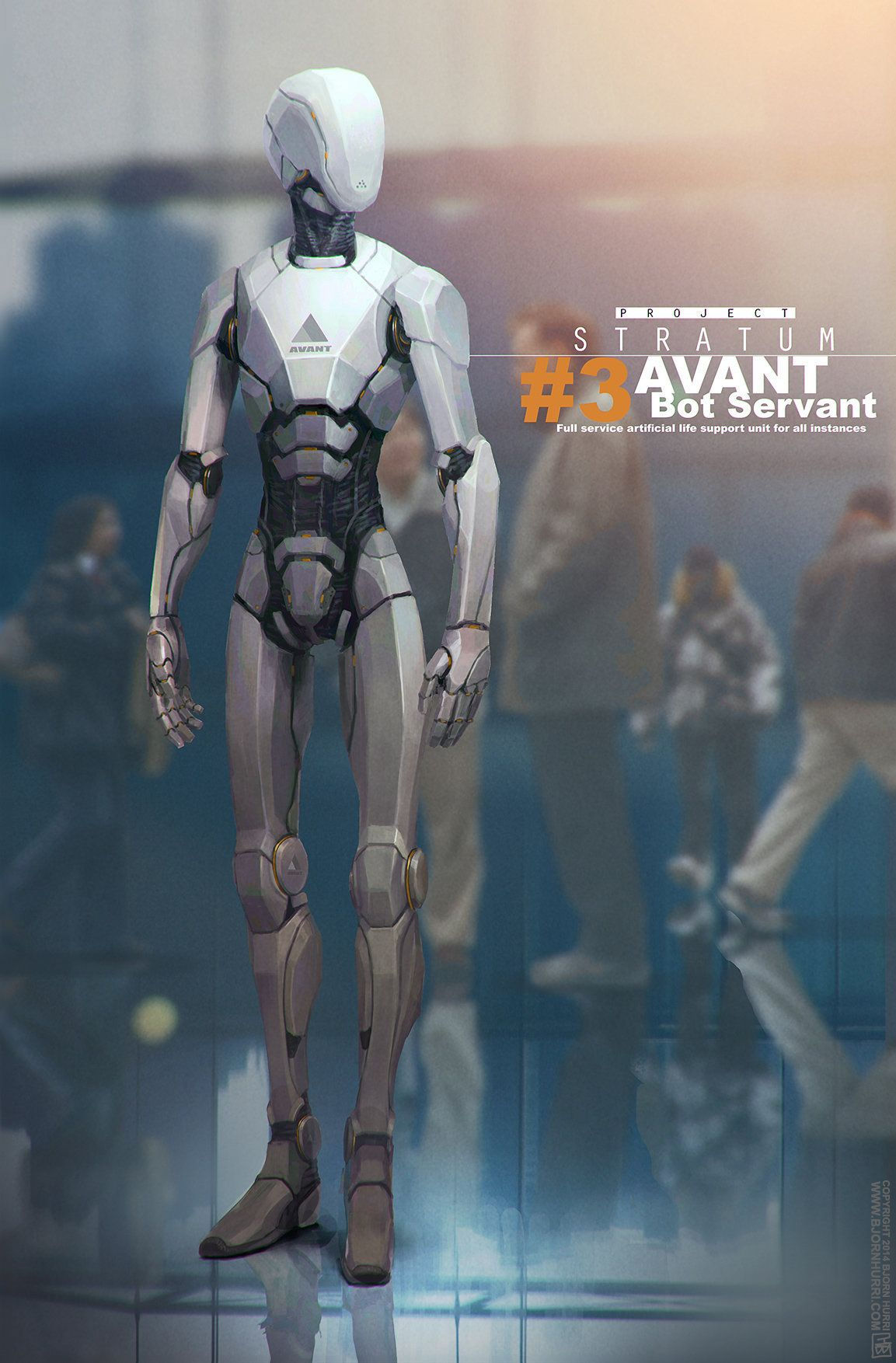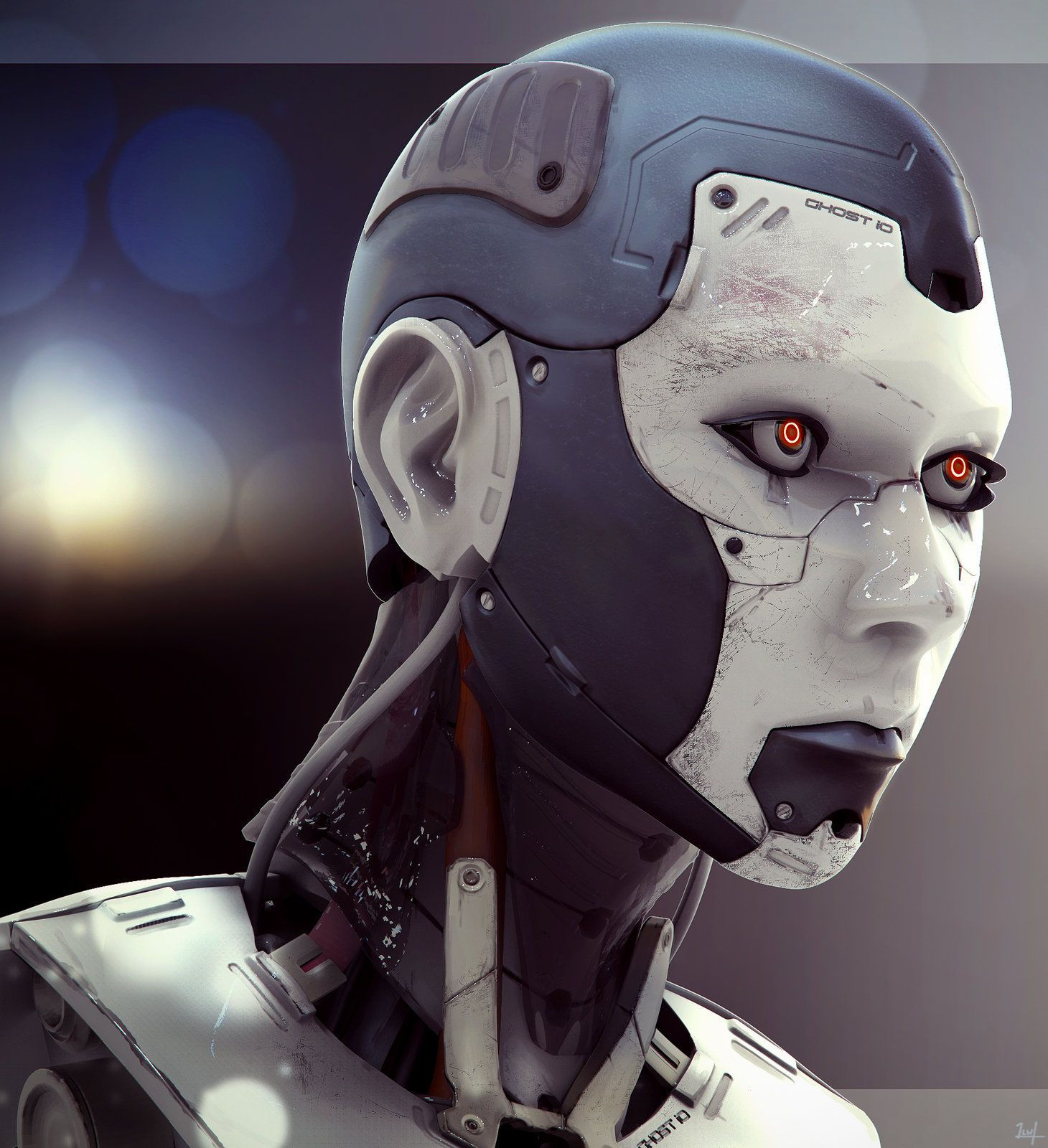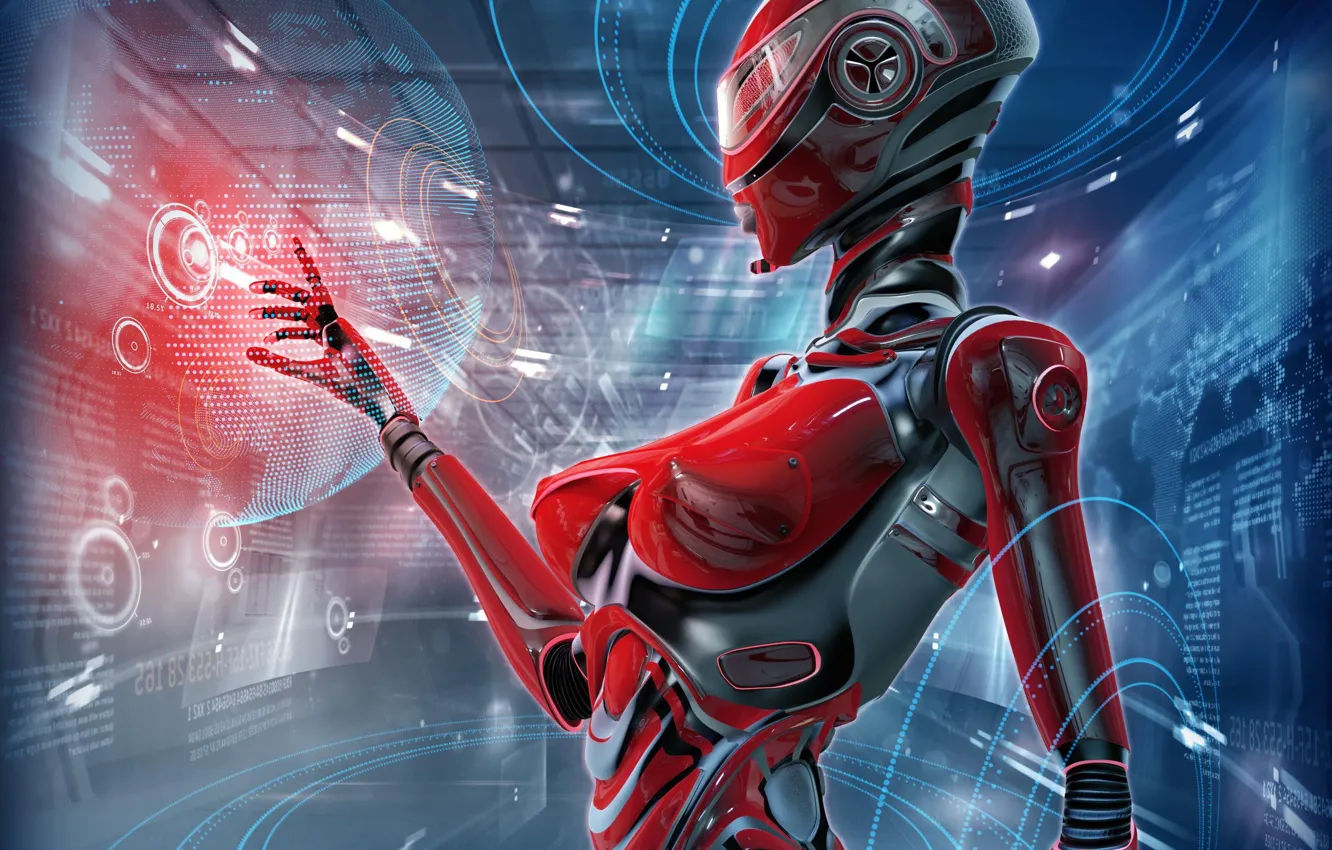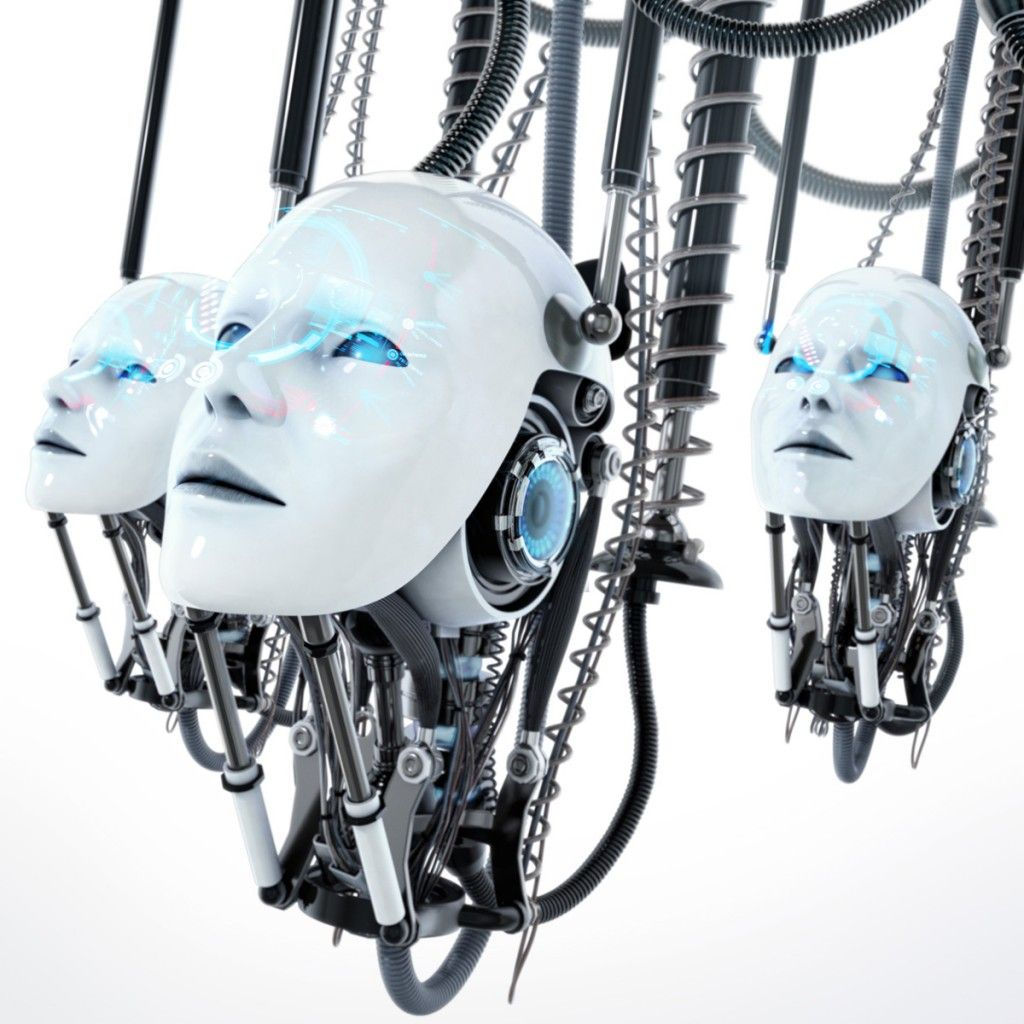The Future of AI
Artificial intelligence (AI) is rapidly evolving, and it is poised to have a major impact on our lives. From self-driving cars to facial recognition software, AI is already being used in a variety of ways to make our lives easier and more efficient.
But what does the future hold for AI? What are the potential benefits and risks of this technology? And how can we ensure that AI is used for good?
In this blog post, we will explore the future of AI and discuss some of the ethical implications of this technology. We will also provide some tips on how you can stay safe from the potential risks of AI.
The Potential Benefits of AI
AI has the potential to bring about a number of benefits for humanity. For example, AI could be used to:
- Solve some of the world's most pressing problems. AI could be used to develop new treatments for diseases, create new energy sources, and even help us to combat climate change.
- Make our lives easier and more efficient. AI could be used to automate tasks that are currently time-consuming and repetitive. This could free up our time to focus on more creative and fulfilling endeavors.
- Enhance our creativity. AI could be used to help us generate new ideas and create new works of art.
The Potential Risks of AI
While AI has the potential to bring about a number of benefits, there are also some potential risks associated with this technology. For example, AI could be used to:
- Create autonomous weapons systems that could be used to wage war without human intervention. This could lead to a new arms race and the potential for devastating conflicts.
- Invade our privacy. AI could be used to collect and analyze our personal data without our consent. This could be used to track our movements, monitor our behavior, and even manipulate our thoughts.
- Displace human workers. AI could be used to automate tasks that are currently performed by humans. This could lead to job losses and economic hardship.
The Ethical Implications of AI
The development and use of AI raises a number of ethical concerns. For example, we need to consider:
- Who is responsible for the actions of AI systems? If an AI system causes harm, who is to blame? The programmer? The manufacturer? The user?
- How can we ensure that AI systems are used for good? We need to make sure that AI systems are not used to discriminate against people or to invade our privacy.
- How can we prepare for the impact of AI on the workforce? We need to make sure that people who are displaced by AI systems have the skills they need to find new jobs.
How to Stay Safe from the Potential Risks of AI
While there are some potential risks associated with AI, there are also a number of things you can do to stay safe. For example, you can:
- Be aware of the privacy settings on your devices. Make sure that you are not sharing more information than you want to with companies and organizations.
- Be careful about what you click on. Do not click on links in emails or text messages from people you do not know. This could lead to you downloading malware or being scammed.
- Keep your software up to date. Software updates often include security patches that can help to protect your devices from malware and other threats.
Conclusion
AI is a powerful technology with the potential to bring about a number of benefits for humanity. However, there are also some potential risks associated with AI. It is important to be aware of these risks and to take steps to protect yourself from them.
By working together, we can ensure that AI is used for good and that it benefits all of humanity.


























































